GIC, Centerbridge Make $868M Buy
INDUS owns 6.1 million square feet of industrial space across five states.

Lehigh Valley Tradeport II building at 5210 Jaindl Blvd. in Bethlehem, Pa. Image courtesy of CommercialEdge
Affiliates of private investment firm Centerbridge Partners and GIC Real Estate Inc., Singapore’s sovereign wealth fund, will acquire all of the outstanding shares of INDUS Realty Trust Inc. following a definitive agreement valued at about $868 million. Participating members of the INDUS board unanimously approved the all-cash deal.
READ ALSO: Trends That Will Shape Industrial Real Estate in 2023
INDUS stockholders will receive $67.00 per share in cash, subject to certain adjustments, representing a 17 percent premium to INDUS’ unaffected stock price on Nov. 25, 2022, the date of Centerbridge’s initial public announcement that it intended to make a takeover offer alongside GIC.
The transaction is expected to close this summer, subject to customary closing conditions, and is not contingent on the receipt of financing by the buyers. Upon completion, INDUS will become a privately held company and its common stock will no longer be listed on Nasdaq.
An industrial staple
INDUS engages principally in developing, acquiring, managing and leasing industrial/logistics properties. It owns 42 such buildings totaling about 6.1 million square feet in Connecticut, Pennsylvania, North Carolina, South Carolina and Florida.
Morgan Stanley & Co. LLC is exclusive financial advisor to INDUS, and Latham & Watkins LLP is serving as legal counsel.
BofA Securities Inc. and J.P. Morgan Securities LLC are the financial advisors to Centerbridge and GIC. Simpson Thacher & Bartlett LLP is the legal counsel to Centerbridge, and Skadden, Arps, Slate, Meagher & Flom LLP is GIC’s legal counsel.
GIC’s big moves
It was barely three weeks ago that GIC and partner Oak Street completed their acquisition, announced last September, of net lease REIT STORE Capital. That deal closed at about $15 billion, or roughly $1 billion above its initially estimated value.
That price increase, according to some observers, could have been even heftier had the deal not taken place when it did, because of ongoing increases in the cost of capital.

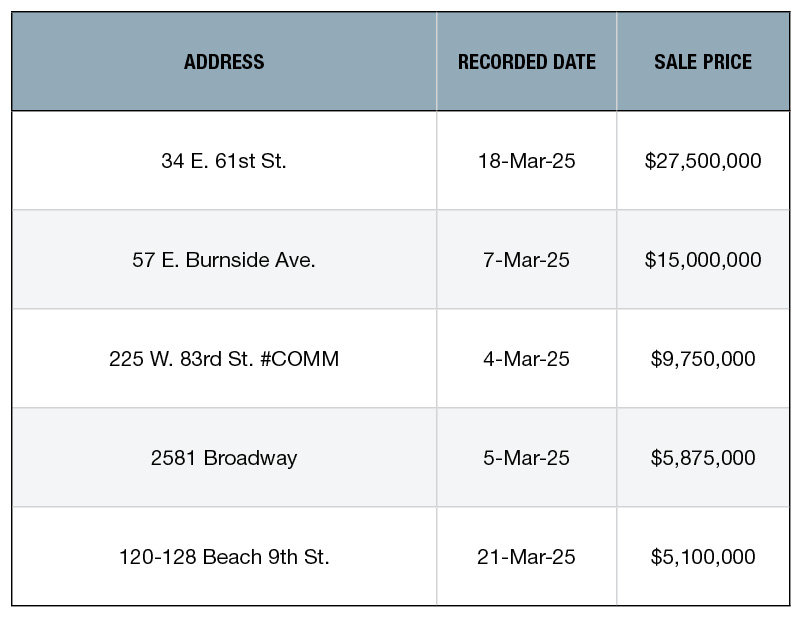

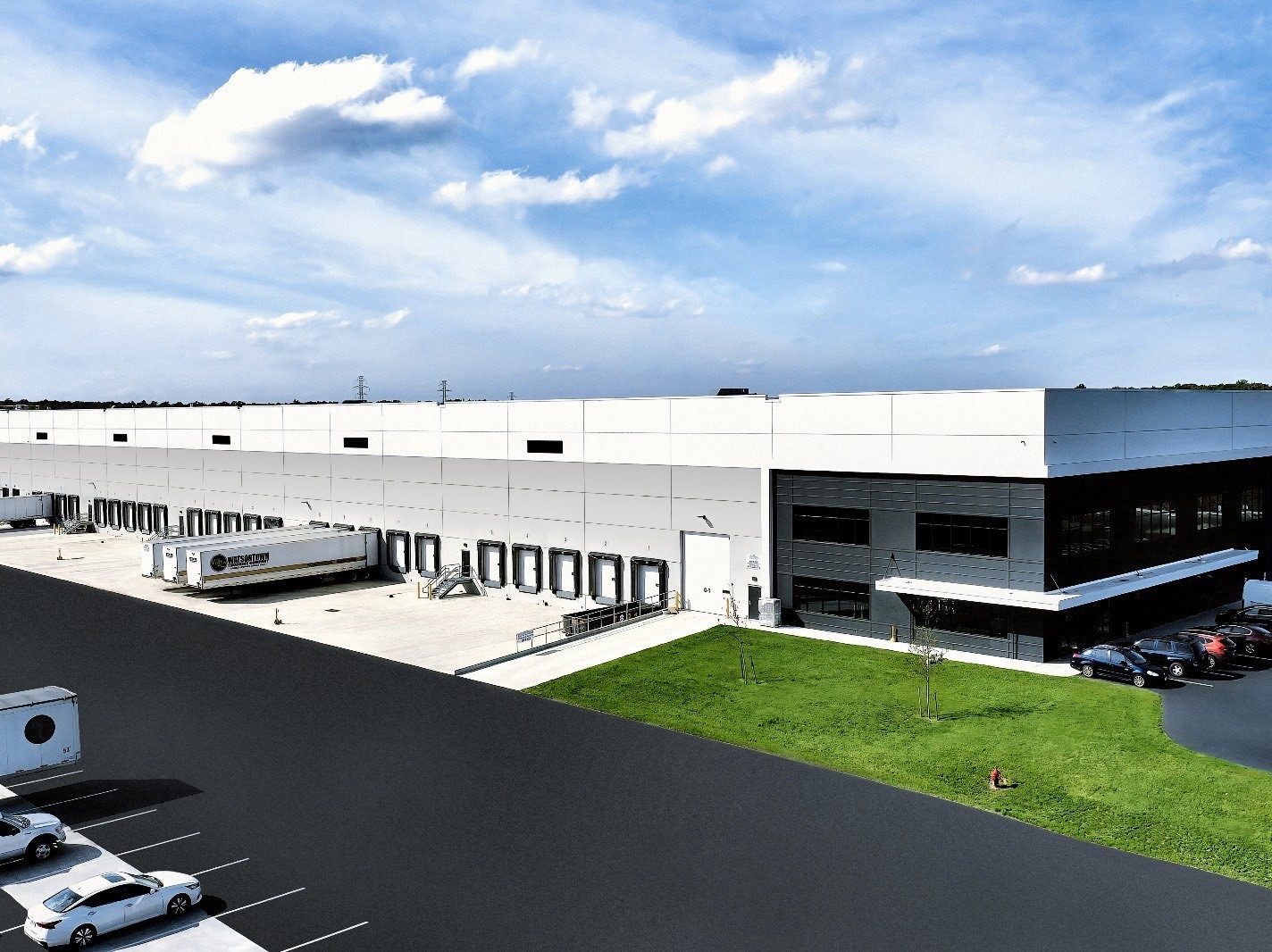
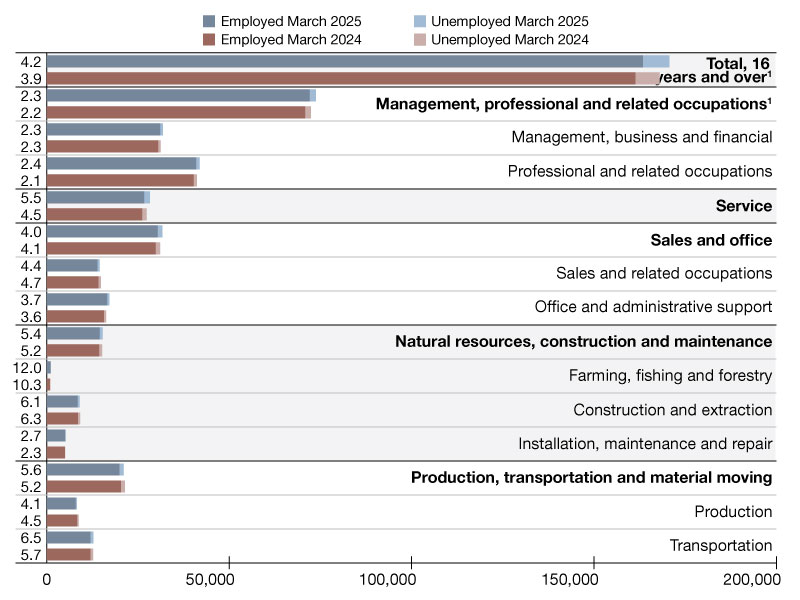
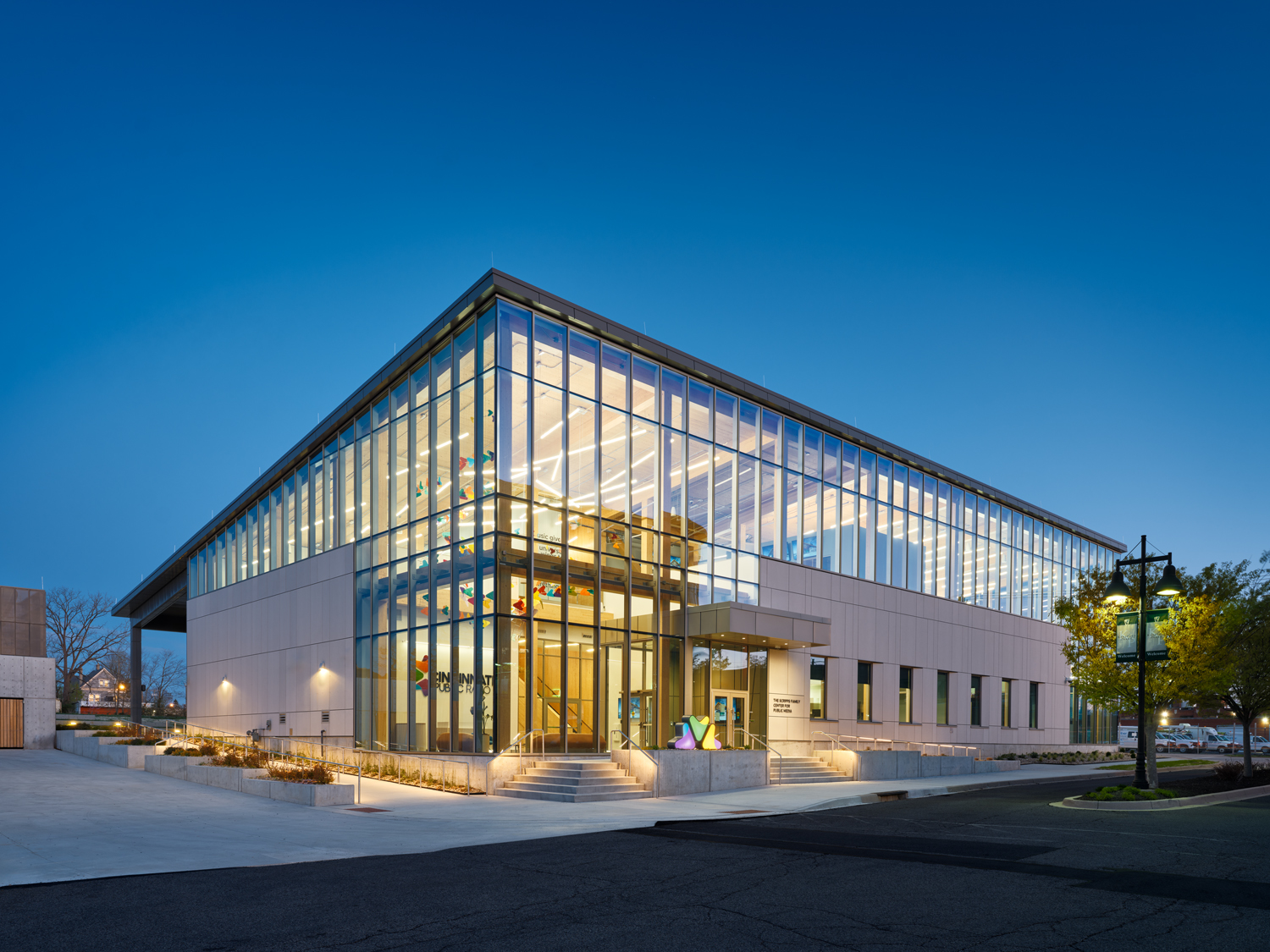
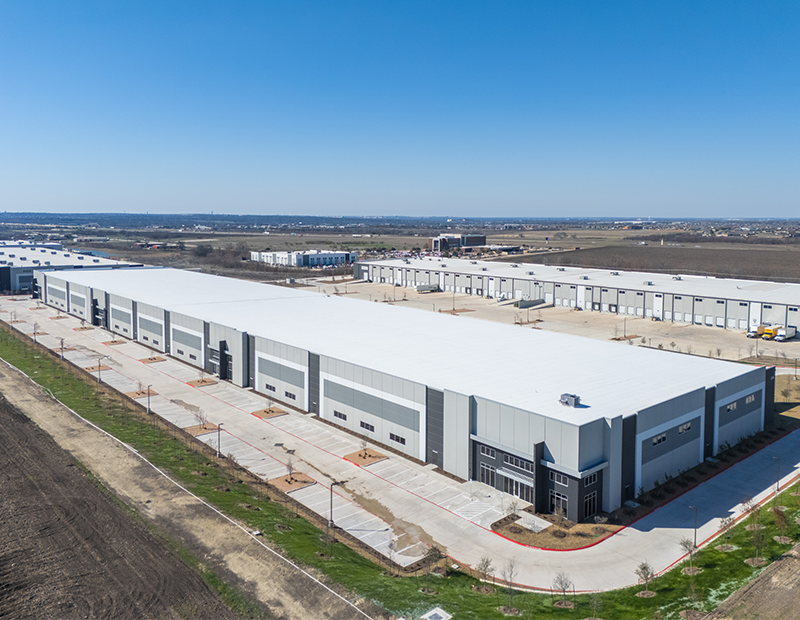
You must be logged in to post a comment.